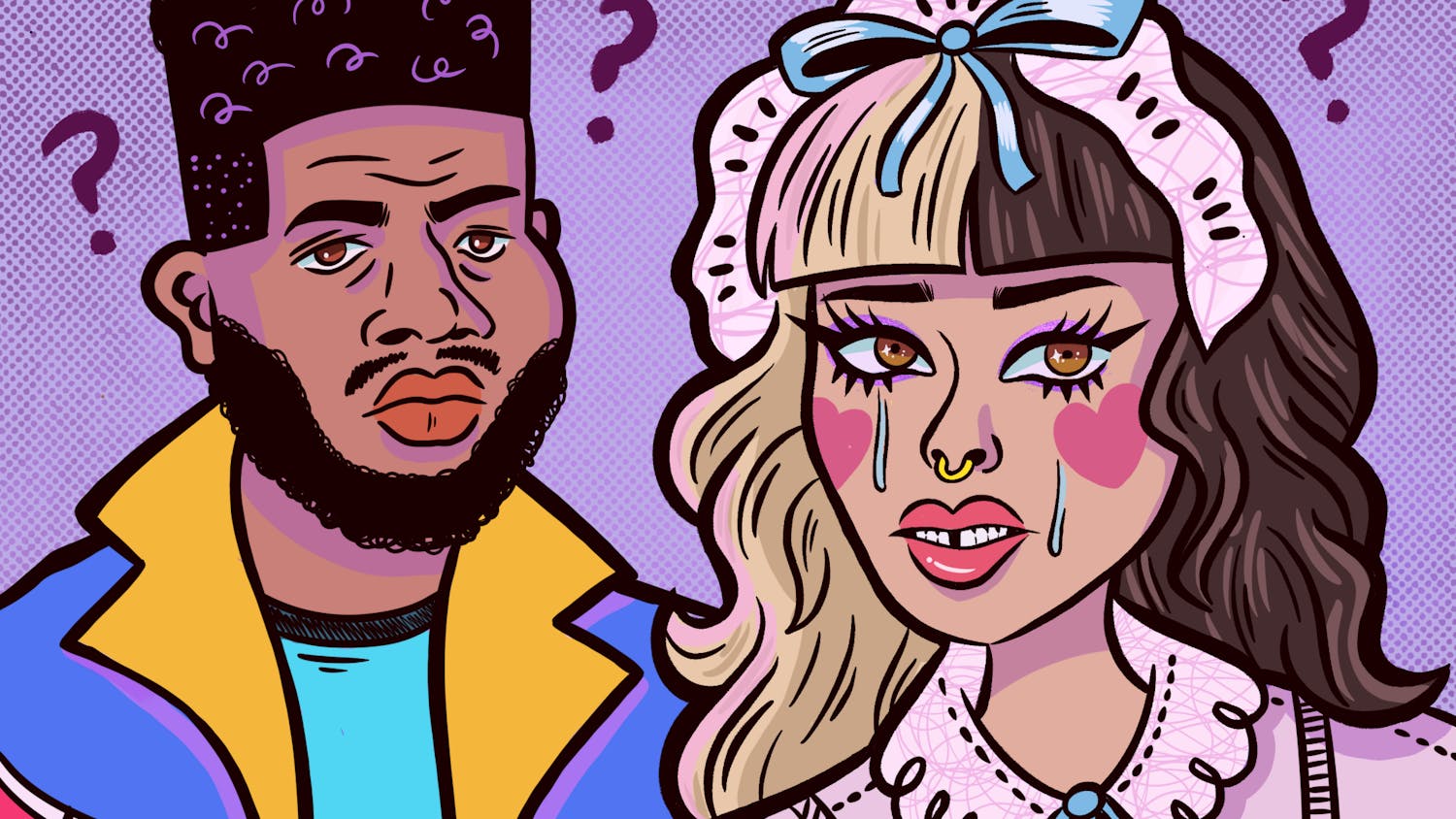Mark Twain was a great man. He was many things. I feel rather confident in saying, however, that he was not racist.
Unfortunately, the recent discussion surrounding his novel, The Adventures of Huckleberry Finn is not solved so easily. Alan Gribben, a Twain scholar at Auburn University, is editing a new version of the iconic novel in which the n-word will be replaced with slave.
Gribben's argument is that this simple change will make the book accessible to more readers and allow people greater comfort while reading. While this may be true, the idea is simply balderdash. Keith Staskiewicz at Entertainment Weekly comes to Gribben's defense, saying it's just like The Godfather being edited for TBS.
Keith is wrong. It's not just like that. The Godfather didn't help change race relations in this country.
I'd rather see a book get banned than get selectively censored. I'd rather see a book get updated than revised. What happens when everyone decides they don't want the n-word in Huck Finn? Do we stop publishing copies with the word? Do we teach the slave version to our children?
If Gribben had any imagination, he would write his own Huck Finn. Why do we have to rely on a one-hundred-year-old book for a satirical look at race relations in America? It's about time someone re-imagined the story anyway.
Easy A recently did it with the Scarlet Letter, you know. The revamped Finn could be about a lame white high-schooler who lies about housing a rap artist/felon and then becomes cool. Hilarity ensues.
But in all seriousness, I don't understand why we put so much time into trying to make books from a hundred years ago more accessible. Twain didn't mean for the book to be accessible to us. He hardly meant for it to be accessible to people outside America. He was writing in groundbreaking vernacular, pose.
People would do well to take a dose of context. Maybe instead of trying to make the book politically correct, Gribben should have issued an edition of the book that included a comprehensive etymology of the n-word as well as a portrait of the political-socioeconomic climate at the moment of Finn's first publishing.
Regardless, though, selective censorship is dangerous bastardization. It allows us, as a culture, to forget about painful or difficult questions and topics. The issues the n-word raises are almost as pertinent today as they were when Twain wrote the book.
It's rather telling that selective censorship always goes one way. You don't see anyone trying to go through romance novels with a pen, correcting sex to make love. People want to change Twain's masterpiece precisely because it is so provocative, relevant, and far-reaching; and it is so provocative, relevant, and far-reaching precisely because it uses the n-word.
Feeling entitled to feel comfortable while reading Huck Finn is a lot like feeling entitled to laugh while watching Saving Private Ryan. Actually, that's an excellent idea. If we are going to allow selective censorship in Finn, we should allow it in other genres as well.
All of Tom Hanks' lines in Saving Private Ryan should be replaced with quotes from Woody in Toy Story.
Spencer Smith is a sophomore studying philosophy and English, and a columnist for The Post. Let him know if you have an idea for an updated Finn at ss335808@ohiou.edu.
4 Opinion
Spencer Smith





